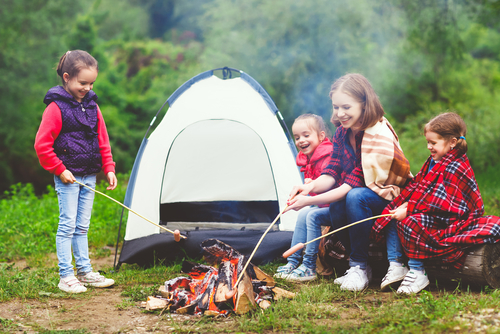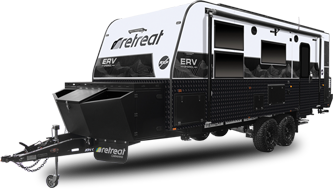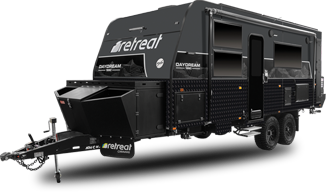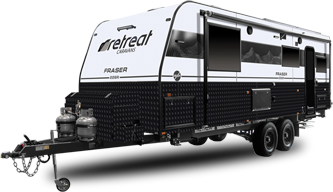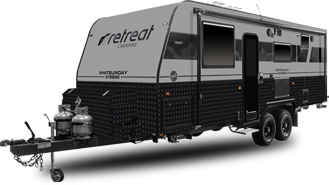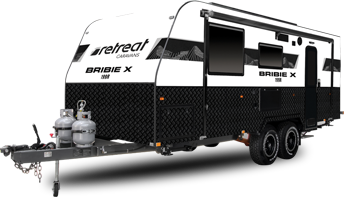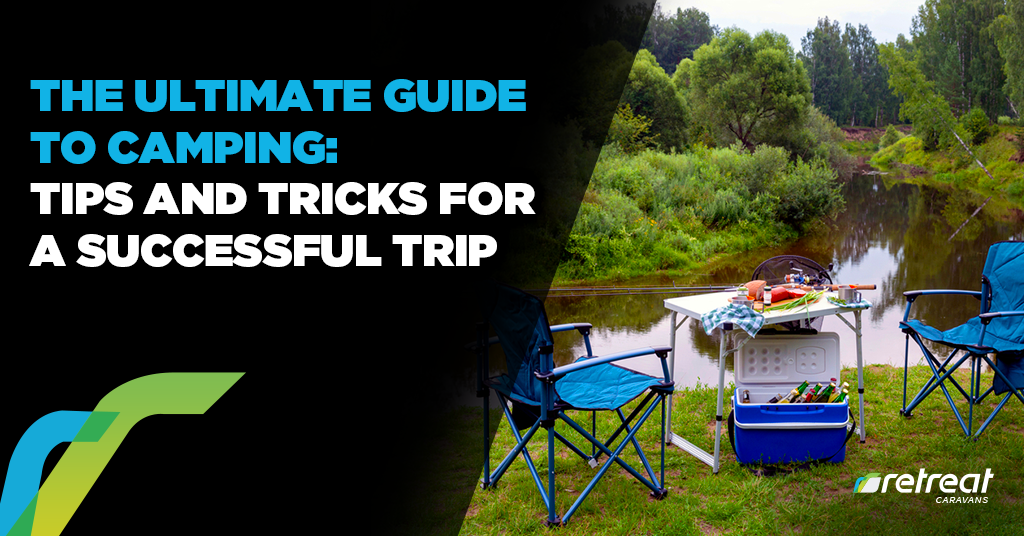
The Ultimate Guide To Camping: Tips And Tricks For A Successful Trip
A camping trip with your off-caravan is a great way to get back in touch with nature, make treasured memories, and discover the joys of outdoor living. Whether you’re an experienced camper or a novice explorer, having the right knowledge and skills can make all the difference in ensuring a successful and enjoyable trip.
To help you get the most out of your outdoor adventure, we’ve put together this comprehensive camping guide, filled with helpful advice. From necessary gear and campsite selection to cooking tips and safety precautions, we’ve got you covered.
Essential Camping Equipment
When it comes to a successful camping trip, having the right equipment is crucial. Here are the essential camping items that you should consider packing:
- Shelter and Sleeping Gear: A reliable tent is the cornerstone of your camping setup. Look for a tent that suits your needs in terms of size, weather resistance, and ease of setup. Additionally, invest in comfortable sleeping bags, sleeping pads, and pillows to ensure a good night’s sleep.
- Cooking and Food Preparation: A camp stove, cooking utensils, and cookware are essential for preparing meals in the great outdoors. Consider portable and lightweight options. Don’t forget to pack food storage containers, coolers, and a water purification system for clean drinking water.
- Outdoor Gear and Tools: Make sure to pack lighting equipment such as lanterns or headlamps for nighttime visibility. Bring navigation tools like maps and a compass to explore the surrounding areas. Other essential gear includes camping chairs, tables, and multi-purpose tools like a Swiss army knife.
Selecting the Perfect Campsite
Choosing the right campsite sets the foundation for an enjoyable camping experience. Here are some factors to consider when selecting your ideal campsite:
- Location and Accessibility: Determine how far you’re willing to travel and choose a campsite within that range. Consider the accessibility of the site, especially if you’re bringing a caravan or have specific mobility needs.
- Amenities and Facilities: Decide if you prefer a rustic camping experience or if you require amenities such as toilets, showers, and electricity. Some campsites offer facilities like picnic tables, fire pits, and even playgrounds for families.
- Natural Surroundings: Consider the scenery and natural surroundings of the campsite. Do you prefer a coastal site, a forested area, or a mountainous landscape? Think about the activities you want to engage in, such as hiking, fishing, or wildlife spotting, and choose a campsite that aligns with your interests.
Camping Tips and Tricks
Camping is all about embracing the outdoors and enjoying a unique experience. Here are some useful tips and tricks to enhance your camping adventure:
- Plan and Prepare: Make a checklist of essential items and activities you want to do during your camping trip. Research the weather conditions, local regulations, and any permits required for camping in the area.
- Pack Light and Efficiently: Prioritise essential items and pack them in an organised manner. Use space-saving techniques like rolling clothes and utilising storage bags. Remember to bring versatile clothing suitable for different weather conditions.
- Set Up Camp Efficiently: When setting up your campsite, choose a flat and level area. Clear any debris or rocks that could affect your comfort. Set up your tent properly, ensuring it’s secure and protected from potential rain or wind.
- Campfire Safety: If campfires are allowed, follow safety guidelines. Choose a designated fire pit, keep a bucket of water nearby, and fully extinguish the fire before leaving. Respect any fire bans or restrictions in place.
Safety Measures and Emergency Preparedness
While camping is a fun and exciting activity, it’s essential to prioritise safety and be prepared for emergencies. Here are some safety measures to consider:
- First Aid Kit: Pack a well-stocked first aid kit containing essentials like bandages, antiseptic wipes, pain relievers, and any necessary medications. Familiarise yourself with basic first aid procedures.
- Communication and Navigation: Carry a fully charged mobile phone and a portable charger. If you’re camping in remote areas with poor reception, consider bringing a satellite phone or a two-way radio for emergency communication. Additionally, carry a map, compass, or GPS device for navigation.
- Weather Preparedness: Stay informed about the weather forecast for your camping location. Pack appropriate clothing and gear for varying weather conditions. Be prepared for sudden changes in temperature, rain, or strong winds.
- Emergency Contacts: Keep a list of emergency contacts, including local emergency services, park authorities, and any relevant medical facilities. Share your camping itinerary with a trusted person who knows your whereabouts and expected return date.
- Personal Safety: Be mindful of your personal safety while camping. Follow camping guidelines, stay aware of your surroundings, and inform others about your activities and plans. Avoid leaving valuables unattended and lock your belongings when necessary.
Leave-No-Trace Principles
When embarking on a camping adventure, it’s crucial to practice Leave No Trace principles to minimise your impact on the environment and preserve the natural beauty of your surroundings. Here are the core principles to follow:
- Plan Ahead and Prepare: Research the regulations and guidelines specific to your camping area. Prepare a detailed plan, including necessary permits, waste disposal options, and camping ethics. This ensures you’re well-prepared and aware of the specific requirements.
- Dispose of Waste Properly: Pack out all your trash and waste, including food scraps, packaging, and personal hygiene items. Do not leave anything behind. Dispose of waste in designated bins or bring it home with you for proper disposal.
- Leave What You Find: Preserve the natural environment by leaving rocks, plants, and other natural objects as you found them. Avoid digging trenches or constructing makeshift furniture using natural materials.
- Respect Wildlife: Observe wildlife from a distance and never feed them. Store your food securely to prevent wildlife encounters. Avoid making excessive noise that may disrupt wildlife behaviour.
Final Thoughts
Camping offers a unique and rewarding experience for those seeking adventure, relaxation, and a deeper connection with nature. By following the tips and tricks outlined in this guide, you can ensure a successful camping trip that is filled with wonderful memories.
If you are looking for the best off-road caravans for sale in Australia for your next big adventure, you can’t go past Retreat Caravans. Please check our full range of caravans below, all carefully designed with you in mind:


